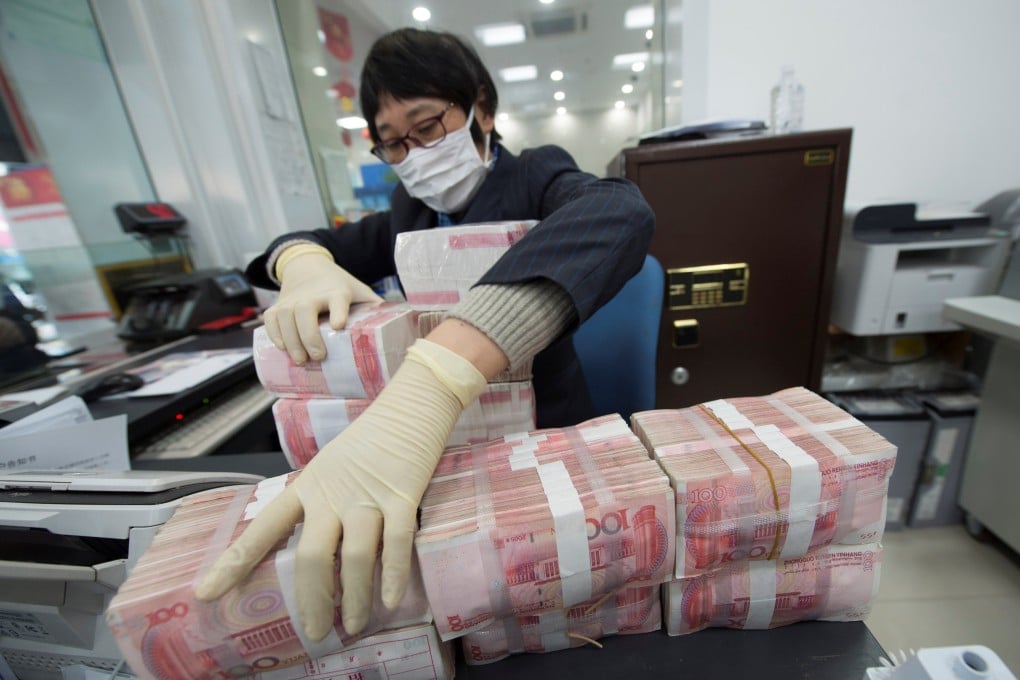China denies ‘despicable’ banknote forgery worth US$314 billion as alleged scam goes viral
- Chen Yaoming, a board director of the China Banknote Printing and Minting Corporation, turned himself in to authorities earlier this month
- His detention started trending online on Wednesday amid rumours he had privately minted 2 trillion yuan (US$314 billion) of banknotes

China’s central bank on Wednesday denied a “despicable” rumour that a former senior official had forged 2 trillion yuan (US$314 billion) of banknotes after the allegation began trending on social media.
Chen Yaoming, a board director of the China Banknote Printing and Minting Corporation, an affiliate of the People’s Bank of China (PBOC), turned himself in to authorities earlier this month.
He is being investigated by the Central Commission for Discipline Inspection, the country’s top anti-corruption agency, under suspicion he “severely violated” ethics and laws.
While details of his charges have not been disclosed, his detention became a topic of intrigue on messaging app WeChat and microblogging platform Weibo on Wednesday, prompting the PBOC to report the speculation to police.
Some social media users said Chen had been arrested for printing banknotes with the same serial numbers as other notes.